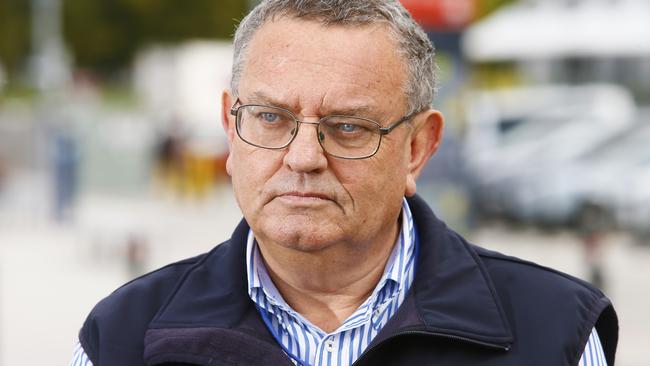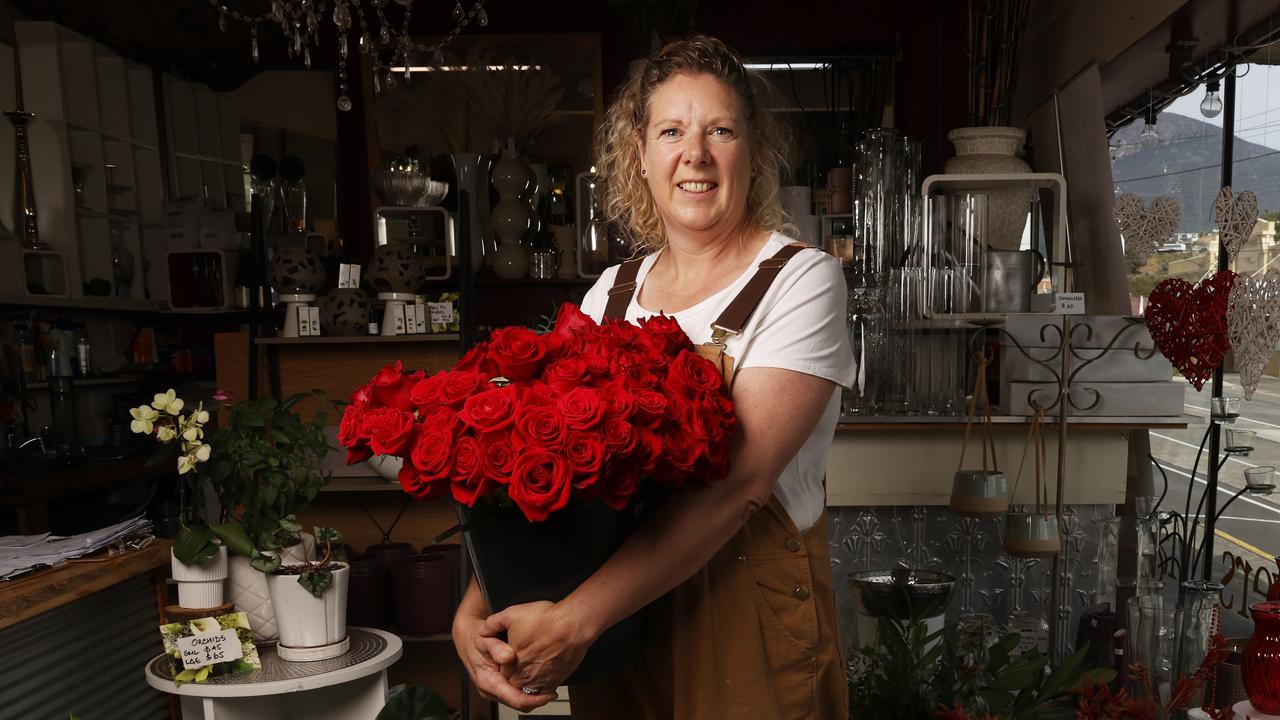Fruit fly larvae stopped at the border as state’s pest-free status remains in place
A fruit fly larvae has been found in an imported mango, but it will not affect Tasmania’s recently regained fruit fly-free status.

Business
Don't miss out on the headlines from Business. Followed categories will be added to My News.
A FRUIT fly larvae has been found in an imported mango in Devonport, but it will not affect Tasmania’s recently regained fruit fly-free status.
Biosecurity Tasmania said the larvae was detected in an imported mango by inspectors as part of normal biosecurity border checks in Devonport this week.
“It is important to note that this is a detection in produce from an interstate market and doesn’t in any way affect mainland Tasmania’s recently reinstated pest-free status,” said Lloyd Klumpp, general manager of Biosecurity Tasmania.
“Occasional detections of fruit fly are made in produce at the border and responded to. This shows our systems and processes are working effectively.
“This identification triggered an immediate investigation by Biosecurity Tasmania.”
MORE FRUIT FLY:
RENEWED ALERT AFTER FRESH FRUIT FLY FIND
FRUIT READY TO ROLL AFTER ALL-CLEAR ON FLY
FRUIT FLY-FREE STATUS BACK ON TRACK
That investigation found a fumigation treatment performed on the Queensland mangoes in Victoria had failed.
“As a result, as a precautionary measure, a decision has been made to suspend the recognition of the fumigator for produce being exported to Tasmania,” Dr Klumpp said.
As an extra precaution the recognition of the interstate certification protocol that sets out the fumigation schedule will be suspended and reviewed.
The suspension will remain in place until Biosecurity Tasmania is satisfied that issues with the fumigator and its processes have been addressed.
“Tasmania regulates the import of fresh produce on the basis that the produce meets a range of conditions or has met appropriate treatment requirements. Fumigation is one of those requirements for some produce,” Dr Klumpp said.
He said Biosecurity Tasmania had been liaising with relevant interstate authorities, and the Commonwealth and Tasmanian supply chain produce importers were being kept informed.
It has been a little more than 12 months since Queensland fruit fly larvae were discovered in apricots on Lady Barron, Flinders Island.
Control area restrictions were officially lifted across the state on January 9 and Biosecurity Tasmania announced it was working closely with the State Government to finalise information with trading partners for international markets to reopen.
In June last year, Dr Klumpp said there was no evidence of a fruit fly breeding population in the South of the state after an adult fruit fly was found inside a Franklin house in the Huon Valley.


